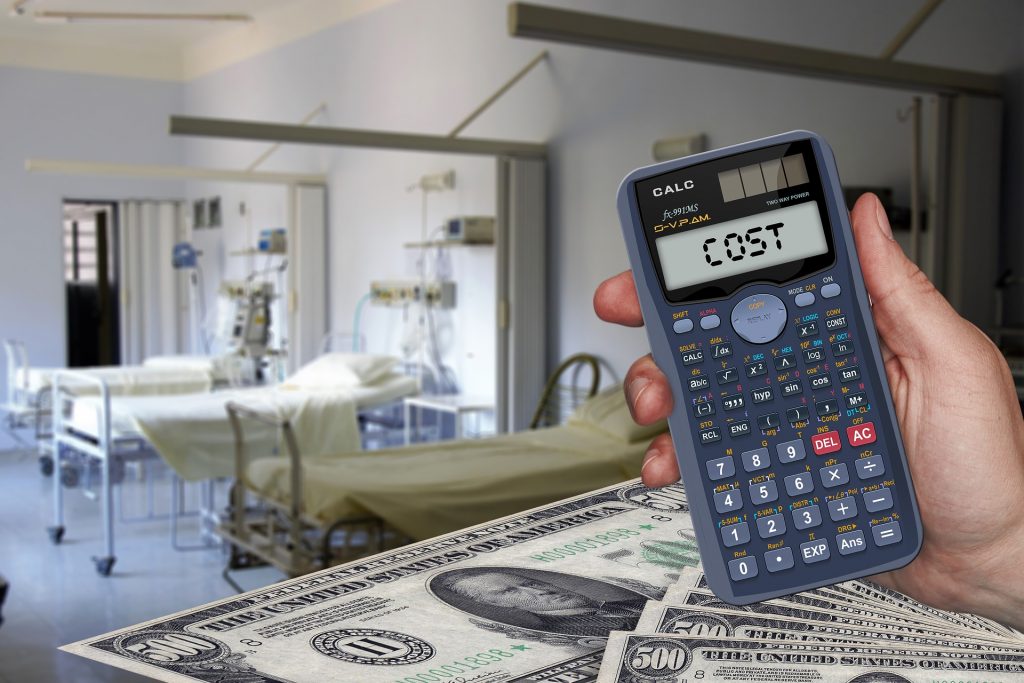The NHS is spending billions and billions of pounds paying back high-interest loans.
Over the last twenty years or so, the NHS borrowed money over 100 times via private (i.e. non-government) loans. These Private Finance Initiative (PFI) contracts were supposed to help the health service meet its needs without the government having to raise taxes or take cash away from its other spending plans.
The borrowed money was spent building new hospitals and healthcare centres. But these loans not only had to be repaid, but they had to be repaid with interest. Now the Institute for Public Policy Research, a think tank, has come out to criticise these interest rates as “extortionate”. It reckons that despite the original loans totalling £13 billion, the NHS will repay about £80 billion by 2050.
That is unlikely to sit well with many people, not least because all those extra billions could instead have been spent on things like paying NHS staff and treating sick people. Indeed, it’s situations like this that make some people, religions and cultures think we should get rid of interest on loans entirely. But would that be good for the economy?
Some economists would argue no. They’d say access to credit helps people and businesses, and that not being able to profit from money-lending would significantly reduce the incentive of those with money to share it (temporarily) around, which would make it harder to borrow money.
This trend would also be exacerbated because every time a loan was defaulted on (not paid back because the borrower doesn’t have the money), the lender would lose out without any compensation (whereas now the interest from other loans cushions the loss). This risk would probably make them really cautious about lending to anyone who doesn’t have a stellar credit rating, who are often poorer and more vulnerable than average.
Incidentally, neither of those things would really be a problem for the NHS, both because it’s backed by the very credit-worthy UK government and because said government has other ways to finance it than private loans. But it might be a problem for many people and businesses who could otherwise turn a lump sum of cash now into a much bigger payoff later. For example, lots of Brits need loans to buy a house or pay for their degree, and lots of start-up companies need loans to get off the ground.
Of course, none of that takes away from the fact that borrowing money can also get people, companies and governments into all sorts of financial trouble. It was a big reason for the 2008 Financial Crash, for example. Like most of economics, it’s up to society to weigh these pros and cons against each other.
Read our explainer on: loans and interest rates.

